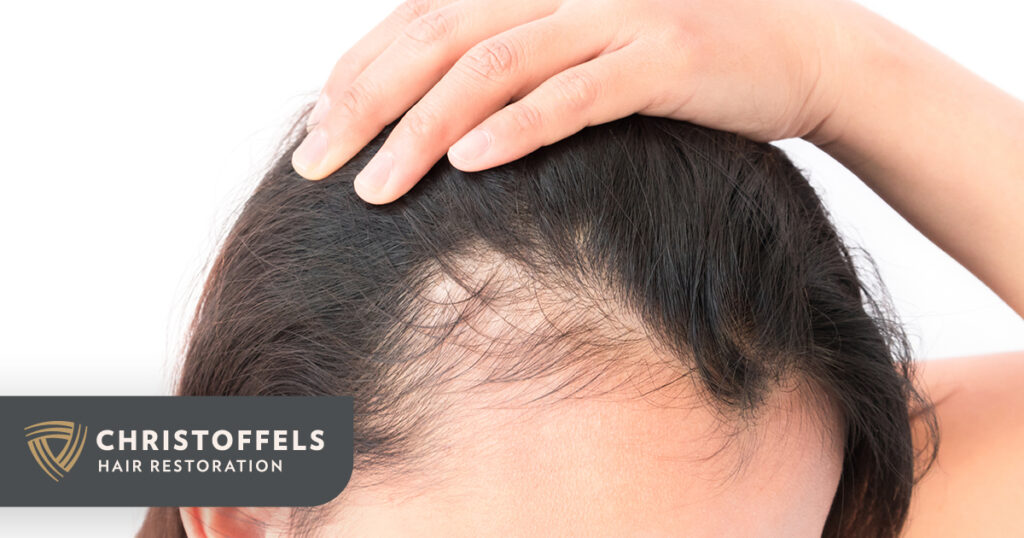Pulse of Information
Your source for the latest insights and updates.
Hair Today, Gone Tomorrow: The Surprising Truth About Hair Loss
Discover the shocking facts behind hair loss and what you can do about it in our eye-opening blog post! Don't miss out!
The Science Behind Hair Loss: What You Need to Know
Understanding hair loss requires a dive into the intricate science behind it. Hair shedding is a natural process, with most people losing about 50 to 100 hairs each day. However, when the rate of hair loss exceeds this normal range, it may indicate an underlying issue. Factors such as genetics, hormone imbalances, and environmental influences play crucial roles in determining hair health. For instance, in conditions like androgenetic alopecia, commonly known as male or female pattern baldness, hereditary factors contribute significantly to hair thinning.
Moreover, the life cycle of hair includes phases known as anagen (growth), catagen (transition), and telogen (resting). Disruptions in this cycle can lead to excessive hair loss. Stress, nutritional deficiencies, and certain medical conditions can push hair prematurely into the telogen phase, resulting in noticeable thinning. Therefore, it is essential to address any potential health concerns and to maintain a balanced diet, which may help in mitigating hair loss and promoting healthier hair growth.

Top 5 Myths About Hair Loss Debunked
When it comes to hair loss, numerous myths have perpetuated over the years, leading to confusion and misunderstanding. One common misconception is that wearing hats can cause baldness. In reality, hats do not affect hair growth or contribute to hair loss. Hair loss is primarily influenced by genetics and hormonal changes, rather than external accessories. Another prevalent myth is that frequent shampooing accelerates hair loss. While maintaining a clean scalp is important, washing your hair does not make you lose more hair; in fact, it can promote healthier hair when done correctly.
Another myth is that only older individuals experience hair loss, when in fact, it can affect individuals at any age due to various factors including stress, illness, or genetics. Furthermore, some believe that certain hairstyles, particularly tight ones, can lead to baldness. While styles that pull on the hair can contribute to a specific type of hair loss, known as traction alopecia, not all hairstyles lead to permanent hair thinning. Finally, many think that dietary changes cannot impact hair health, yet a balanced diet rich in vitamins and minerals is crucial for maintaining healthy hair growth.
Is Stress Causing Your Hair to Fall Out?
Stress can have a profound impact on various aspects of our health, including our hair. When the body experiences high levels of stress, it can trigger a condition known as telogen effluvium, which leads to excessive shedding of hair. This phenomenon occurs when a significant number of hair follicles enter the resting phase simultaneously due to stress. If you've noticed an increase in your hair's thinning or shedding during particularly stressful periods, it's important to understand that you are not alone, and this is a common response to stress.
In addition to telogen effluvium, prolonged stress can also exacerbate other underlying conditions such as alopecia areata, which causes sudden hair loss in patches. To combat stress-related hair loss, consider implementing stress-reducing techniques such as regular exercise, meditation, and maintaining a balanced diet rich in vitamins and minerals known for promoting hair health. Remember, managing your stress is not just beneficial for your mental well-being, but it can also help keep your hair healthy and strong.